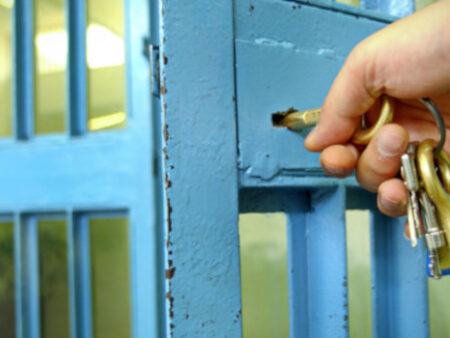A recent legislative report has shed light on the alarming reality of Maryland’s efforts to provide adequate support to individuals struggling with problem gambling. Rising addiction rates and insufficient funding have caused the problem to spiral out of control, necessitating urgent action. Such measures must be implemented before the state considers legalizing iGaming, ensuring residents
Maryland Struggles to Combat Problem Gambling
A recent legislative report has shed light on the alarming reality of Maryland’s efforts to provide adequate support to individuals struggling with problem gambling. Rising addiction rates and insufficient funding have caused the problem to spiral out of control, necessitating urgent action. Such measures must be implemented before the state considers legalizing iGaming, ensuring residents can easily access quality help.
Most Metrics Fall Short of Expectations
According to the official report, roughly 405,000 Maryland residents, comprising 8.6% of all adults in the state, had suffered from a gambling disorder as of 2020. Comparatively, the national mean was around 4% to 5%, painting a bleak picture of Maryland’s safe gambling efforts. These statistics underscore the urgent need for improved support and treatment services.
Such findings paint a concerning picture of the state’s current approach, revealing a gap between the number of individuals affected by gambling disorders and the available support options. The Maryland Center of Excellence on Problem Gambling is the region’s primary provider of gambling disorder support, operating a 24-hour helpline, a voluntary exclusion list, and various treatment and prevention programs.
While Maryland’s spending on safe gambling initiatives roughly matches most other US states, industry experts point out that spending still falls short of the adequate amount. Most proceeds from gambling currently go towards the Blueprint for Maryland’s Future, which complements school funding. As a result, the state’s problem gambling fund must rely on alternative revenue streams like expired prizes.
The State Must Overhaul Its Policies
Although funding for gambling harm prevention remained relatively constant, introducing online sports betting created new risks, further straining the state’s existing infrastructure. The rush of new operators caused a sudden spike in promotions, exposing a record number of people to potential harm. Recent controversies regarding college team sponsorships have caused increased regulatory scrutiny, but the recent report indicates lawmakers must take urgent action.
Maryland’s planned introduction of iGaming will place additional stress on its struggling safe gambling initiatives. The state may implement the new legislation by 2025, clearing the way for operators to market their services. Mobile gambling disproportionately affects young people and is significantly harder to detect, requiring updated monitoring and prevention solutions.
With a higher prevalence of gambling problems than the national average, the state must take proactive steps to expand treatment options, increase public awareness, and collaborate with stakeholders to create a more comprehensive approach to addressing gambling addiction. By doing so, Maryland can provide a lifeline to those in need and ensure a healthier and more supportive environment for its residents.














